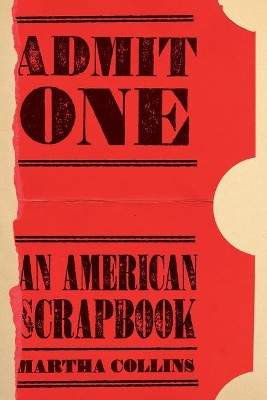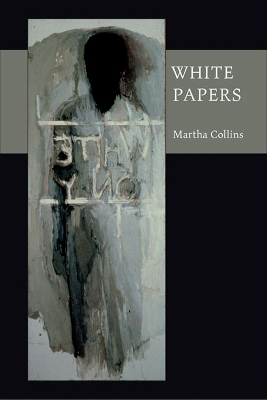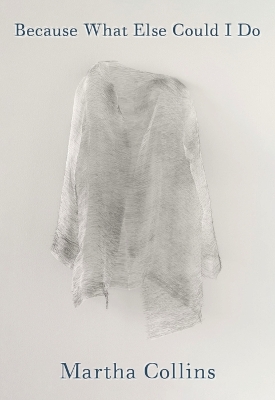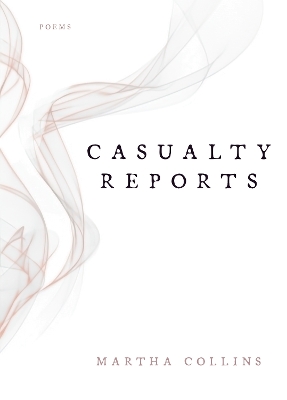Pitt Poetry
4 total works
Praise for Martha Collins:
"A dazzling poet whose poetry is poised at the juncture between the lyric and ethics, Martha Collins has addressed some of the most traumatic social issues of the twentieth century . . . in supple and complex poems. . . .[N]o subject is off limits for her piercing intellect."
—Cynthia Hogue, AWP Chronicle
"A dazzling poet whose poetry is poised at the juncture between the lyric and ethics, Martha Collins has addressed some of the most traumatic social issues of the twentieth century . . . in supple and complex poems. . . .[N]o subject is off limits for her piercing intellect."
—Cynthia Hogue, AWP Chronicle
White Papers is a series of untitled poems that deal with issues of race from a number of personal, historical, and cultural perspectives. Expanding the territory of her 2006 book Blue Front, which focused on a lynching her father witnessed as a child, this book turns, among other things, to Martha Collins' childhood. Throughout, it explores questions about what it means to be white, not only in the poetÆs life, but also in our culture and history, even our pre-history. The styles and forms are varied, as are the approaches; some of the poems address race only implicitly, and the book, like Blue Front, includes some documentary and \u201cfound\u201d material. But the focus is always on getting at what it has meant and what it means to be white—to have a race and racial history, much of which one would prefer to forget, if one is white, but all of which is essential to remember and to acknowledge in a multi-racial society that continues to live under the influence of its deeply racist past.
Because What Else Could I Do is a sequence of fifty-five untitled short poems, almost all of them addressed to the poet’s husband during the six months following his sudden and shocking death. Perhaps best known for her historical explorations of sociopolitical issues, Martha Collins did not originally intend to publish these poems. But while they are intensely personal, they make use of all of her poetic attention and skills. Spare, fragmented, musical even in their most heartbreaking moments, the poems allow the reader to share both an intimate expression the poet’s grief and a moving record of her attempt to comprehend the events surrounding her loss.
Stylistically innovative, deeply moving, carefully researched, Martha Collins's eleventh volume of poetry combines her well-known attention to social issues with the elegiac mode of her previous book. She focuses here on race, gun violence, recent wars, and, in an extended sequence, the history of coal - first as her ancestors mined it, then from its geological origins to our ecologically threatened present. Casualty Reports is both indictment and lament, a work that speaks forcefully to our troubled history and our present times.



